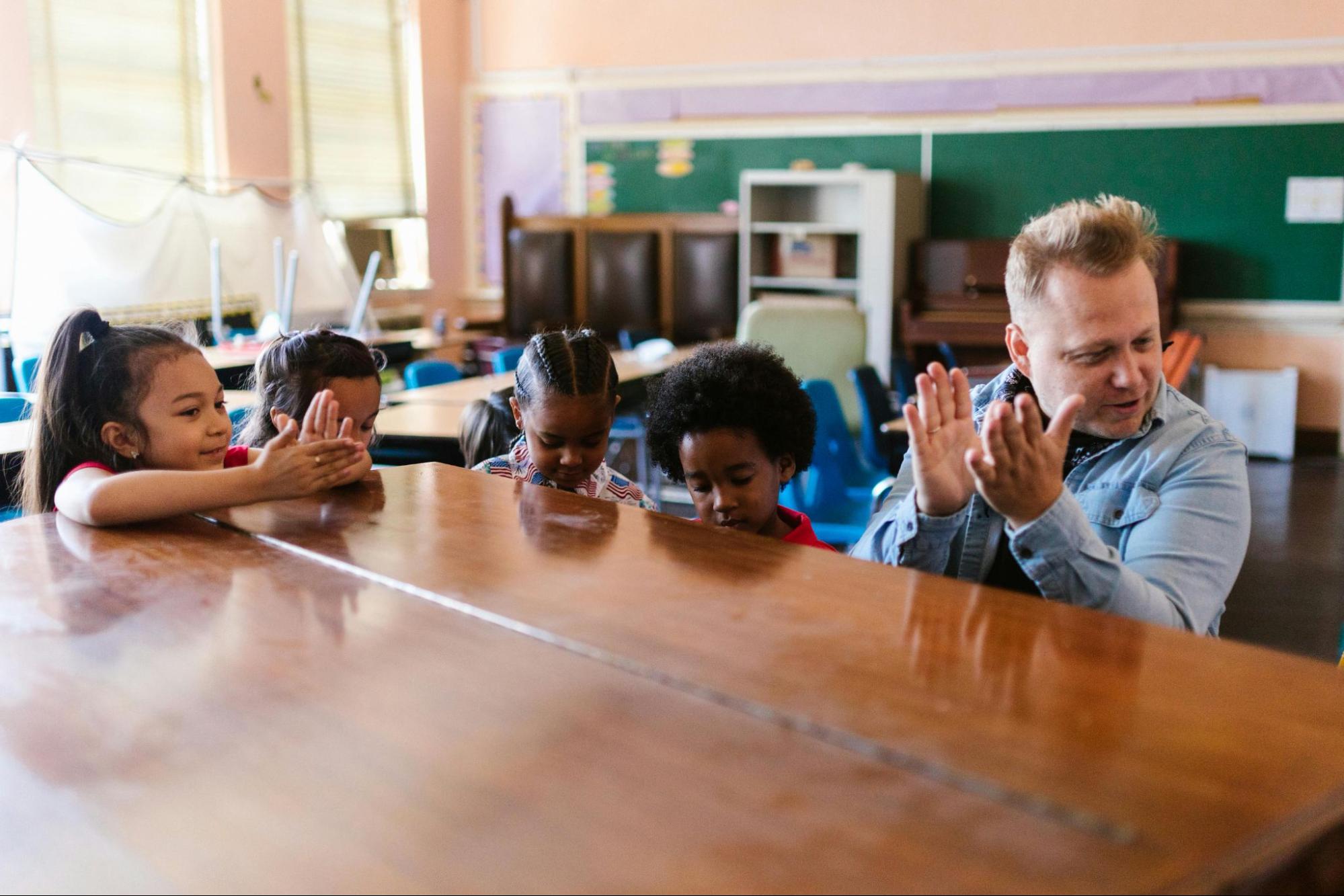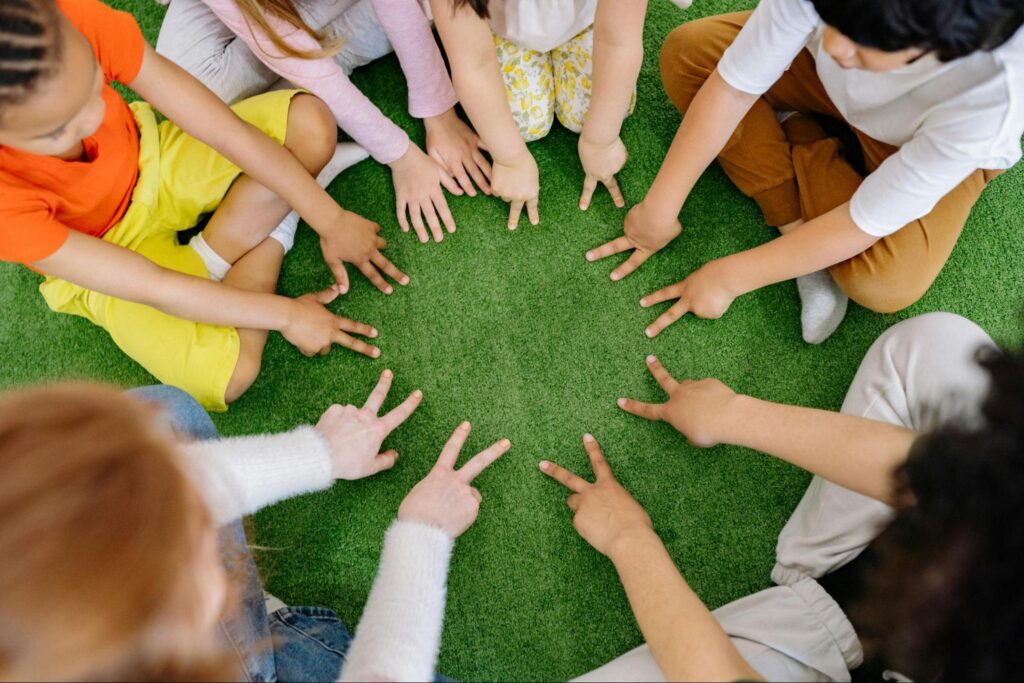Exploring Valuable Child Development Resources for Early Learning
Child Development Resources
Child development refers to the growth and maturation that occurs in children from birth through adolescence. It encompasses physical, cognitive, social, and emotional development. Understanding these components is crucial for parents and caregivers to provide appropriate support and guidance to the child.
Key Aspects of Child Development:
- Physical Development: Involves the growth of motor skills, coordination, and physical health. It includes milestones like crawling, walking, and fine motor skills development.
- Cognitive Development: Focuses on mental processes such as thinking, learning, and problem-solving. This aspect shapes the child’s ability to understand the world around them.
- Social Development: Pertains to how the child interacts with others, develops relationships, and learns social skills. It plays a vital role in forming the child’s identity and behavior in social settings.
- Emotional Development: Involves the child’s ability to identify and manage emotions, develop empathy, and build resilience. Emotional development is essential for the child’s overall well-being.
- Genetics: Inherited traits and genetic predispositions can influence the child’s development.
- Environment: External factors such as family dynamics, socio-economic status, and community surroundings can impact the child’s growth and development.
- Nutrition and Health: Proper nutrition and access to healthcare services are vital for ensuring the child’s physical and mental well-being.
Understanding child development provides insights into the unique needs and abilities of the child, guiding parents and caregivers in creating a supportive and nurturing environment for optimal growth and learning.

Importance of Early Years Education
Early education plays a crucial role in a child’s development. It sets the foundation for lifelong learning, shaping their academic success and overall well-being. Research shows that high-quality early childhood education programs can lead to lasting positive effects on a child’s cognitive skills, social skills, and emotional development.
During the early years, children’s brains are rapidly developing, making it an opportune time to introduce them to various learning experiences. Exposing children to language, numbers, and social interactions at a young age can significantly impact their future academic achievement.
Moreover, early education fosters important skills such as problem-solving, critical thinking, and creativity, which are essential for success in school and later in life. It also lays the groundwork for developing positive relationships with peers and adults.

Educational Toys and Tools
When it comes to child development, educational toys and tools play a crucial role in fostering learning and skill development. These Child Development Resources offer stimulating experiences that encourage curiosity and exploration in young minds.
Interactive toys such as building blocks, puzzles, and shape sorters help enhance problem-solving skills and fine motor abilities. Electronic devices like tablets and educational apps can supplement traditional learning methods, but it’s important to balance screen time with hands-on activities.
Books are excellent tools for language development and can cultivate a love for reading from an early age. They expose children to vocabulary, grammar, and storytelling, fostering communication skills and imagination.
Furthermore, art supplies such as crayons, markers, and clay promote creativity and self-expression. Engaging in artistic activities allows children to explore their emotions and develop fine motor skills while unleashing their imaginati
Parenting Guides and Books
When it comes to supporting a child’s development, parenting guides and books are invaluable Child Development Resources for caregivers. These materials provide insight into child psychology, strategies for effective discipline, and tips on fostering positive parent-child relationships. Whether it’s learning about child milestones or gaining advice on handling challenging behaviors, parenting guides offer practical tools and expert guidance to navigate the complexities of raising a child.
Books are also powerful tools for nurturing a child’s development. The act of reading together enhances bonding between caregivers and children while promoting language skills and cognitive development. From simple picture books for toddlers to educational stories for older children, books stimulate imagination and curiosity while imparting valuable lessons and values.
Leveraging community Child Development Resources is essential for supporting children’s holistic development. Local libraries, community centers, nonprofit organizations, online forums, and government programs offer a myriad of services that enrich children’s lives. By tapping into these Child Development Resources, parents can provide their children with diverse learning opportunities, access to educational materials, and essential support systems. Ultimately, the collaborative efforts of families and community Child Development Resources create a nurturing environment that nurtures children’s growth, well-being, and overall development. It’s clear that these Child Development Resources are invaluable tools that empower parents and caregivers to lay a strong foundation for their children’s future success.
